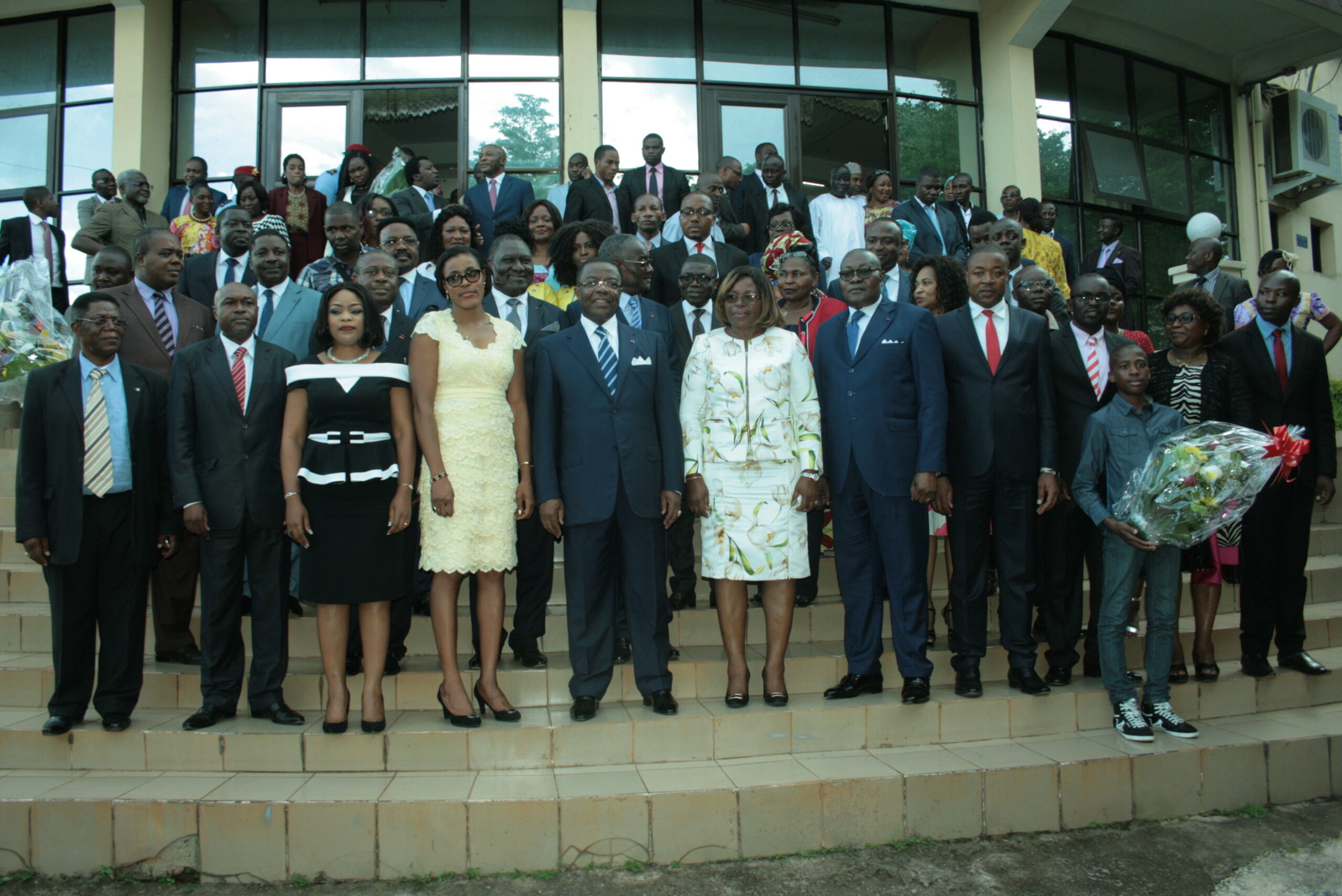Statement of UNFPA Executive Director Dr. Babatunde Osotimehin on the International Day to End Obstetric Fistula, 23 May 2017.
Over the past year, I followed the total transformation of two women’s lives. Alice, from Malawi, was successfully treated for obstetric fistula at the age of 83, after living with this terrible and treatable condition for 66 years. Jumwa, from Kenya, was treated at the age of 77, after living with fistula for 50 years. I have no words to describe the sense of hope, healing, and restored dignity that this treatment provided, first and foremost to these two women, but also to their loved ones.
While these are stories of hope, they are also stories of a tragedy – the tragedy being that both women ever suffered from fistula in the first place. They should never have endured the decades of discomfort and shame that could have been so easily prevented.
The time has come to put an end to this suffering wherever it occurs.
The theme of this year’s International Day to End Obstetric Fistula, “Hope, healing, and dignity for all”, is, at its heart, a call to realize the fundamental human rights of all women and girls everywhere, with a special focus on those most left behind, excluded and shunned by society.
Ending fistula is a high priority for UNFPA, the United Nations Population Fund, and it is a key step on the road to achieving the world’s Sustainable Development Goals by 2030.
Fistula has been virtually eliminated in the world’s wealthier countries, so we know that it can be eliminated in every country. Strong health systems and greater efforts to address the underlying issues that perpetuate it, including poverty, gender inequality, early marriage and childbearing, and lack of education, are crucial.
Working with our partners in the Campaign to End Fistula, we have made progress towards eliminating fistula through prevention, treatment and social reintegration. UNFPA has supported more than 85,000 fistula repair surgeries since 2003, and more than 15,000 cases in 2016 alone.
But much more needs to be done. More than two million women still live with the condition, and 50,000 to 100,000 develop fistula every year.
It doesn’t have to be this way. With strong political leadership, investment and action, we can end this scourge in our lifetime.
Please join us in standing with the world’s poorest, most marginalized women and girls. Together, I am confident that we mobilize the support and commitment needed to transform their lives into stories of hope and healing and rid the world of fistula once and for all.
Source: UNFPA website




